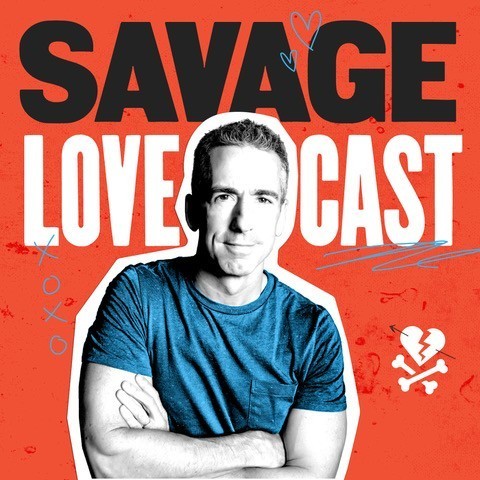I’m a 30 something, married female. I had figured I was bi since high school, but had never had the opportunity to really put theory into practice. Well, about 6 months ago I met a married woman and, with the consent of both of our husbands, we hooked up. I went into it with the idea that it would be a one-off thing just for me to satisfy my curiosity about myself and my identity. Instead, we really hit it off and have been meeting up ever since. The sex is amazing, we enjoy each other’s company as friends, and she is so, so smoking hot. I lucked out big time.
My question isn’t what you might think—everyone involved is happy with our FWB situation and we’re both devoted to our husbands. The thing is, I have always felt the desire to be out about being bi, but felt I lacked the certainty or cred to do so with confidence. Now that I'm there, I'm finding that I don’t really want to let people in on the private details of my marriage. So how does a socially monogamous, bi, married-to-a-dude lady without a lady-loving past to refer to, go about coming out? Or does it even matter at this point? Should I just let people assume I’m straight and keep on keeping on eating pussy in private?
Too Little Too Late?
Bisexual invisibility/erasure is a thing:
Bisexual erasure or bisexual invisibility is the tendency to ignore, remove, falsify, or reexplain evidence of bisexuality in history, academia, news media and other primary sources. In its most extreme form, bisexual erasure can include denying that bisexuality exists. It is often a manifestation of biphobia, although it does not necessarily involve overt antagonism.
Bisexual invisibility/erasure causes harm:
Bisexual erasure or bisexual invisibility is a pervasive problem in which the existence or legitimacy of bisexuality (either in general or in regard to an individual) is questioned or denied outright.
Source: Bisexual Resource CenterBisexual erasure plays a critical role in reducing access to the resources and support opportunities bisexually oriented people so desperately need.
The sad fact that most bisexuals remain closeted is one thing—one among many—that helps to perpetuate bisexual invisibility/erasure:
Bisexuals are much less likely than gay men and lesbians to say that their sexual orientation is an important part of who they are. Only 20% of bisexuals say being bisexual is extremely or very important to their overall identity.... Bisexuals are also much less likely than gay men or lesbians to have “come out” to the important people in their life. Only 28% of bisexuals say all or most of the important people in their life know they are bisexual. By comparison, 77% of gay men and 71% of lesbians say the important people in their life know about their sexual orientation.
Remaining closeted does have certain perks...
Relatively few bisexuals report that they have experienced discrimination because of their sexual orientation. When we asked about six specific types of incidents—ranging from being subjected to slurs and jokes (the most common experience among all LGBT respondents) to being treated unfairly by an employer (the least common), bisexuals were significantly less likely than gay men or lesbians to have experienced most of them.
Things aren't going to change for the better—we're not going to defeat bisexual invisibility/erasure and the harm it does—until more/most bisexuals are out. And that includes bisexuals in opposite-sex relationships, TLTL. I mean, think about it: if bisexuals aren't picked on as much as gays and lesbians (per Pew), if bisexuals don't encounter as much discrimination (ditto), why do bisexuals suffer worse physical and mental health outcomes? I have a theory: Because it's hard to access the services and support you need if you're closeted, yes, but lying about who you all your life is fucking stressful too. And while encountering a bigot isn't fun—slapping 'em down when you can, getting the hell away from 'em when you can't—it would appear that being out and dealing with the occasional bigot is better for the mind and body than remaining "safely" closeted.
Now let's take your questions one at a time....
1. "So how does a socially monogamous, bi, married-to-a-dude lady without a lady-loving past to refer to, go about coming out?"
The socially monogamous, bi, married-to-a-dude lady opens her mouth and says, "I'm bisexual," as often as circumstances allow/demand. For example, the socially monogamous, bi, married-to-a-dude lady is at dinner with her girlfriends and someone says something about "us straight gals." ("It's so much fun to get together—just us straight gals!") At that point the socially monogamous, bi, married-to-a-dude lady clears her throat and says, "Actually, I'm bisexual."
2. Or does it even matter at this point?
It matters very much.
3. Should I just let people assume I’m straight and keep on keeping on eating pussy in private?
Nope.

















